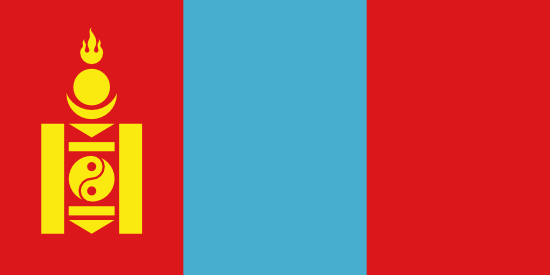
Health Insurance in Mongolia, Asia
Information expatriation
Capital City: Ulaanbaatar
Total area: 1,564,120 km2
Population: 2,629,000
Money: Currency Converter
Time Zone: List of time Zones by Country
Calling Code: +976 XXX
Practical Information:
Health Product: Travel Insurance and Health insurance
Health Insurance information and Sanitary Risk: World Health Map
BLOG: Expat Health insurance Information
Here is a brief description of the healthcare system in the country:
· Mongolia has a universal healthcare system that provides coverage to all legal residents. It is a single-payer system funded through the government budget.
· Basic preventive and treatments services are provided free of charge at public clinics, hospitals and family group practices.
· However, there are additional out-of-pocket costs for diagnostic tests, surgeries, certain specialty care and prescription drugs.
· Infrastructure and access to services are better in urban centers like Ulaanbaatar, while rural areas face doctor and facility shortages.
· Life expectancy and health outcomes improved greatly in the last two decades but non-communicable diseases are a growing challenge.
· Severe winters and harsh environmental/work conditions contribute to health risks like respiratory illnesses and injuries.
· Shortages of equipment, medicines, and health personnel persist due to the vast geography and historical underfunding of the system.
· Private health insurance and for-profit providers play a minor role in complementing public services.
Here are some key health considerations for expatriates living in the country:
· Purchase comprehensive international medical insurance including coverage for medical evacuation. Public system has limitations.
· Register with a local clinic/doctor to establish continous care, especially in isolated rural areas.
· Keep vaccinations like hepatitis A/B, typhoid and annual flu shots up to date. Risks include tick-borne encephalitis.
· Extreme temperatures, elevation and pollution increase health risks. Dress warmly, wear masks when needed.
· Water safety - drink only commercially bottled water or disinfect water through boiling.
· Mental health services are limited. Plan to access services abroad or via telehealth if needed.
· Bring adequate supplies of prescription medications as availability can be inconsistent.
· Advanced care often requires medical evacuation to neighboring countries or overseas.
· Cultural norms affecting care include traditional herbal medicines, shamanic practices.
